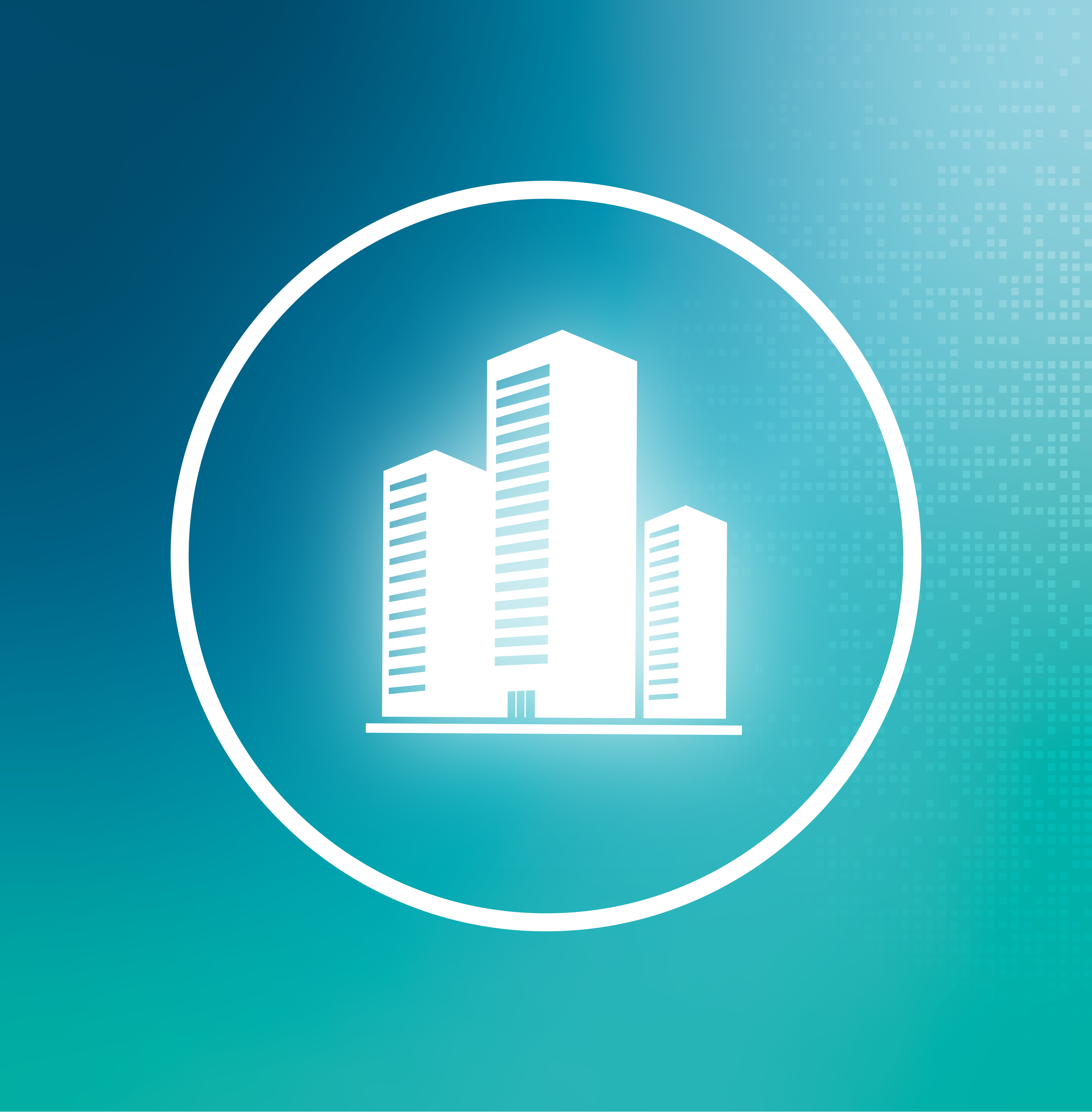Energy-Efficient and Livable

In the long term, sustainably constructed housing developments are superior to conventional construction projects in ecological, economical and socio-cultural terms and are thus continuing to gain importance around the world. The buildings of the future will no longer be an independent single structure, but rather will be in close interaction with their environment in terms of design, function and infrastructure. The Fraunhofer Building Innovation Alliance drives this process through additional basic research and the development of realizable concepts for urban planners and the construction industry.
Holistic View
The Fraunhofer facilities in the Building Innovation Alliance develop models, methods and tools to describe and assess the sustainability of urban development projects. The research accompanies the entire building lifecycle from construction through use all the way to demolition and disposal. The knowledge gained from monitoring serves as a basis for the conception of social and ecologically more livable housing developments.
Topic Areas
The fundamental tasks of the Building Innovation Alliance include the intelligent usage of space as well as energy-efficient and low-pollution construction. The use of renewable energies and Green materials are central aspects here. Furthermore this business unit also deals with the integral management of drinking water and service water at the housing development level as well as the realization of innovative mobility concepts.
Sustainable Construction Saves Money
Integral planning processes pay off in the long run: Thus for example energy weak points can be detected in advance using the integral application of accounting software. Comparison of various construction formats or materials is also possible. This improves the lifecycle of the building and helps cut costs.
Contact Point for New Urban Systems
High pressure on schedules and budgets, missing information and inadequate communication among those involved has made it difficult to realize sustainable urban neighborhoods in the past. By publishing research results and developing suitable instruments, the Fraunhofer Building Innovation Alliance is in an excellent position to function as a competent contact partner for sustainable construction, realizing comprehensive evaluation and solution models together with its industry partners. Another task is urban innovation management for the integration of various urban systems. The service range is rounded off with user analyses and behavioral studies relating to urban processes.
 Fraunhofer Building Innovation Alliance
Fraunhofer Building Innovation Alliance